LATEST NEWS
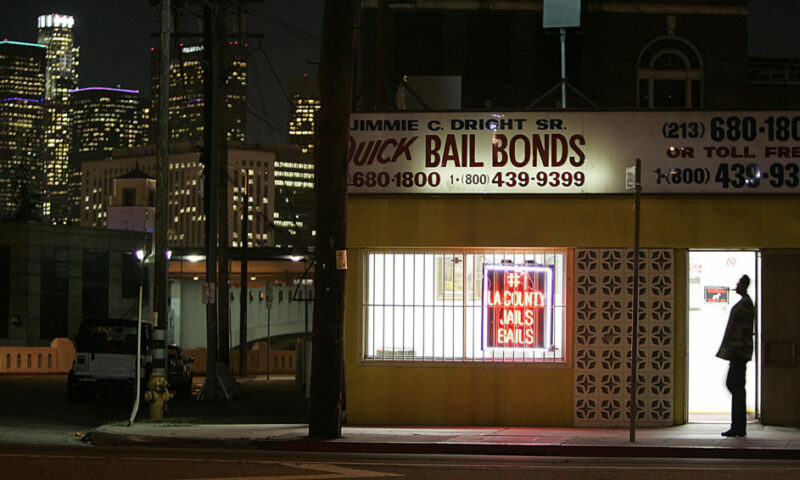

Co-published by The American Prospect
The consensus among policy experts remains: Something should be done about California’s money-bail system, which most affects the poor. But the bail-bond industry — and politics — continues to be an obstacle.
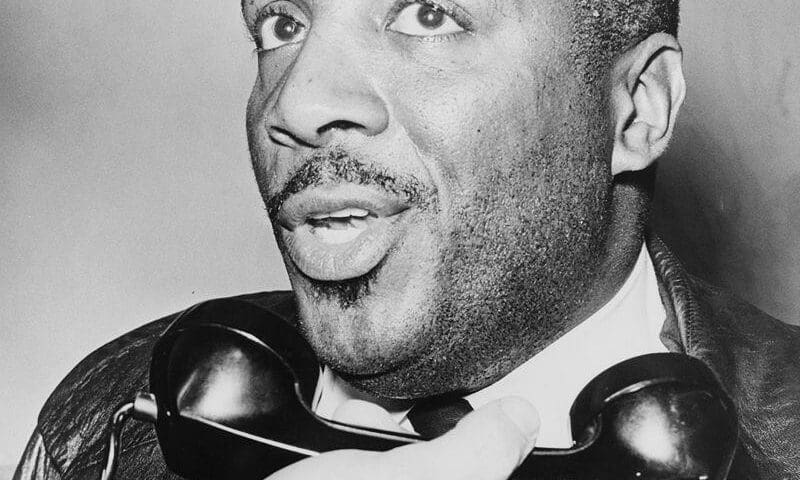

For Dick Gregory, American racism was a senseless fact of life: “I never learned hate at home, or shame. I had to go to school for that.”


Co-published by Newsweek
With momentum on infrastructure rebuilding stalled, the Trump administration this week is moving ahead to repeal a two-year initiative dating from the Obama administration that might be the only dynamic infrastructure and jobs program in existence at the federal level.
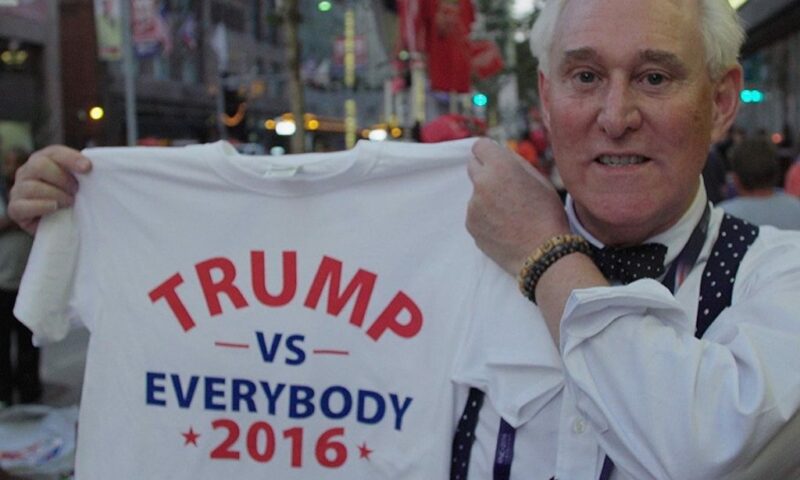

There is no shortage of social and political content for viewers to stream online. Here are some of the best new films released so far this year addressing social and political themes, in time for late-summer viewing.


A new study finds that California’s proliferation of renewable energy plants is responsible for over 90 percent of direct economic benefits from the state’s major climate programs to Riverside and San Bernardino counties, and more than $12 billion in net benefits to the region. The research also flies in the face of arguments that regulations kill jobs.
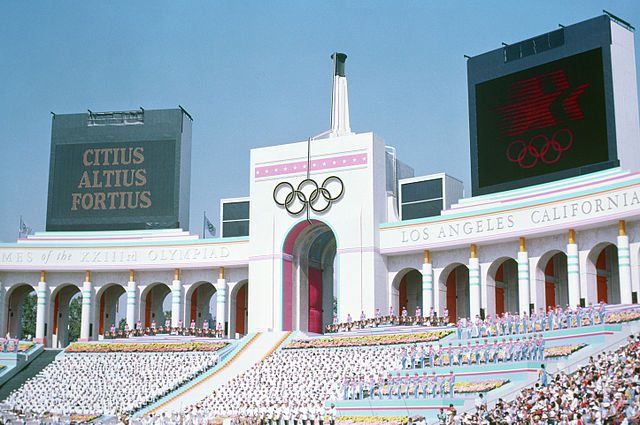

With its storybook marriage of private investment and civic management, the myth of the 1984 L.A. Olympics is alive and well at City Hall. But not everyone’s memories of the Summer of ’84 are quite so golden.


Co-published by International Business Times
Immigrant rights groups say arguments against SB 54 prove their point—that the state must limit ICE’s reach because it routinely wreaks havoc in communities by sweeping up residents with U.S. citizen children and other long-standing ties to the United States who haven’t committed crimes.


Co-published by International Business Times
The California legislature has responded to the Trump administration’s mass deportation plans with a number of bills that attempt to shield undocumented Californians from the effects of federal immigration policies.


Crown Heights isn’t the tidiest film but that untidiness (so very much like real life) is a lot of its strength.


Sunday brought over 2,000 counter-demonstrators to the sun-baked boardwalk of Laguna Beach to shout down a modest, Trump-obsessed gathering called “America First! Electric Vigil for the Victims of Illegals and Refugees.”


About 200 protesters gathered in Venice Beach on Saturday to celebrate diversity and voice their opposition to the alt-right. The rally was one of several weekend protests that took place across the nation.
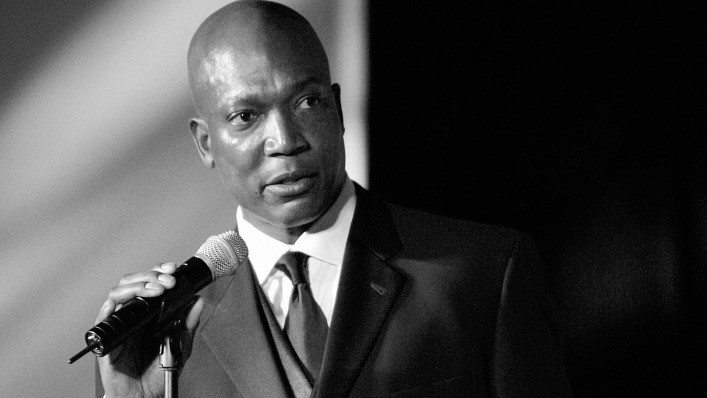

While a GM executive, Mike Jackson led the exodus of advertisers from Don Imus’s show. In a special edition of The Bottom Line podcast, Jackson talks to Rick Wartzman about the collapse of Trump’s business councils and how corporate America can best approach the issue of racism.


The basic bomb shelter has had an upgrade in the form of $3 million condos where the ultra-wealthy can insulate themselves from Armageddon.
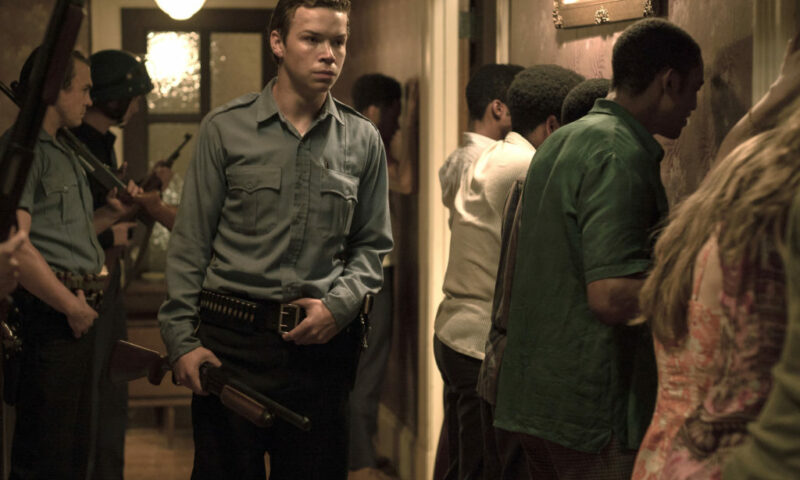

“Detroit” has garnered a host of criticism for its brutality, its narrow focus, its failure to depict important dimensions of the black community. But “Detroit” the movie is not trying to be Detroit the city.
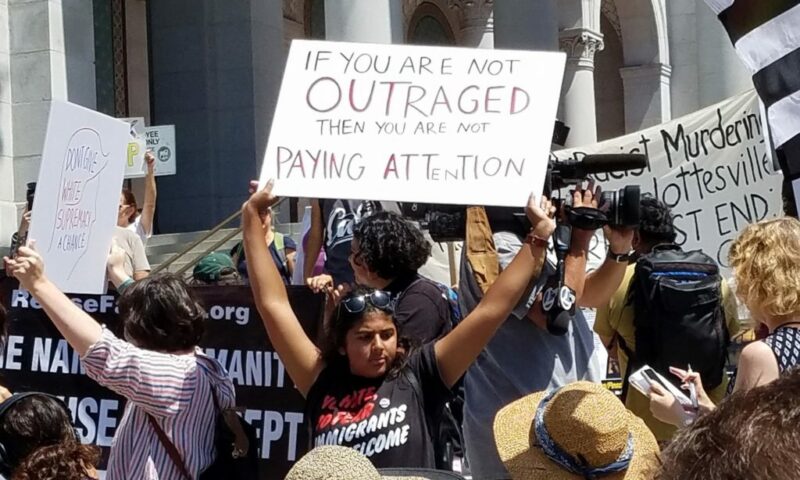

Hundreds of protesters marched through the streets of downtown Los Angeles on Sunday to denounce the deadly violence in Charlottesville.
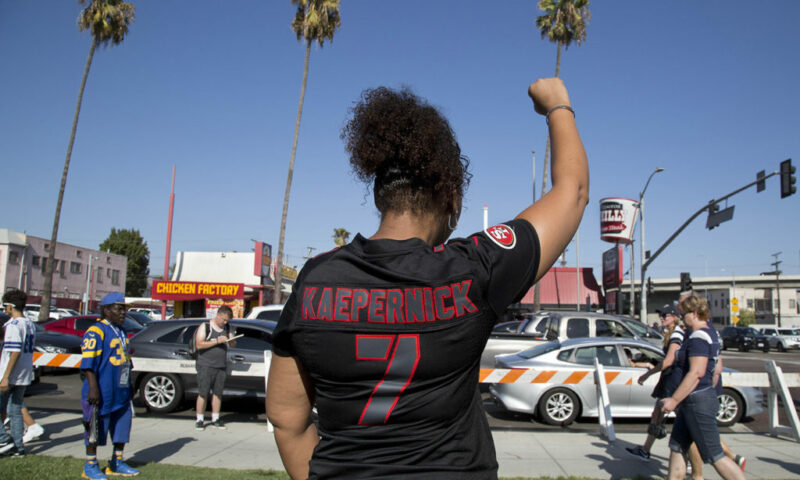

Racial justice advocates rallied outside the Los Angeles Memorial Coliseum on Saturday to protest the blackballing of Colin Kaepernick by the National Football League.
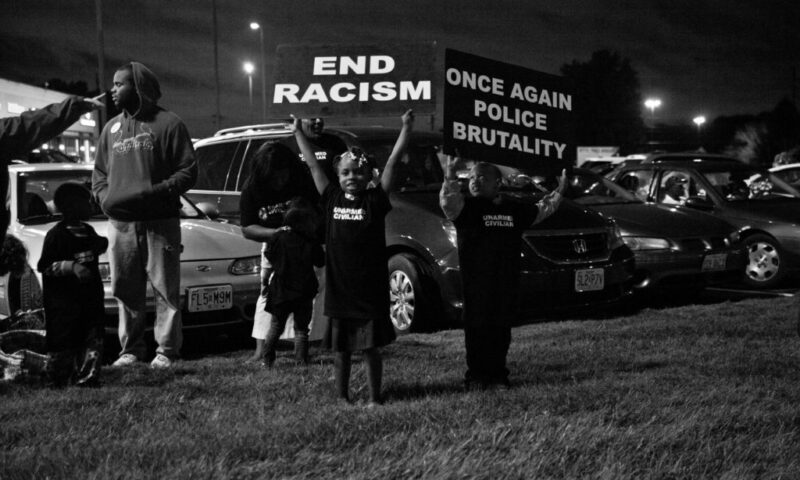

“Whose Streets?” spotlights the turbulent grassroots protests that followed the 2014 shooting of an unarmed African-American teen, Michael Brown, by a white police officer in Ferguson, Missouri.


Directors Sabaah Folayan and Damon Davis made “Whose Streets?” to tell the stories of the Ferguson uprising that the mainstream media was missing.
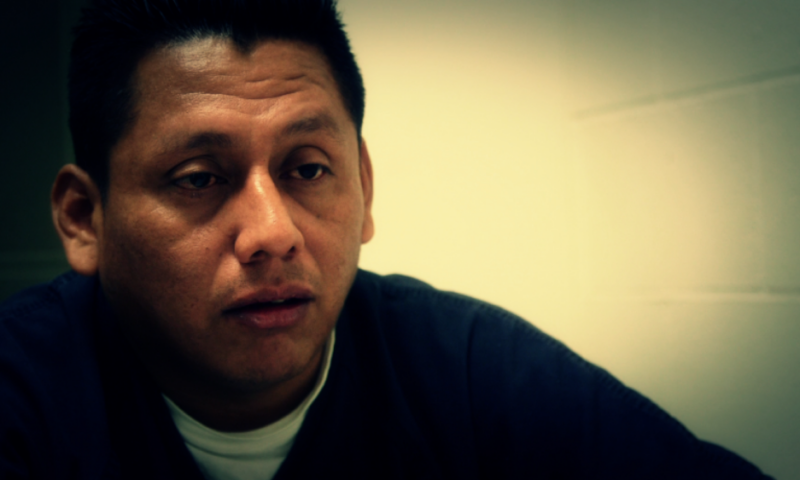

Conditions at Adelanto Detention Center, a privately operated prison currently used to detain undocumented immigrants, are said to be grim. Nine detainees, all of whom came to the U.S. seeking asylum, were so fed up that they staged a hunger strike. Guards responded with violence and pepper spray.
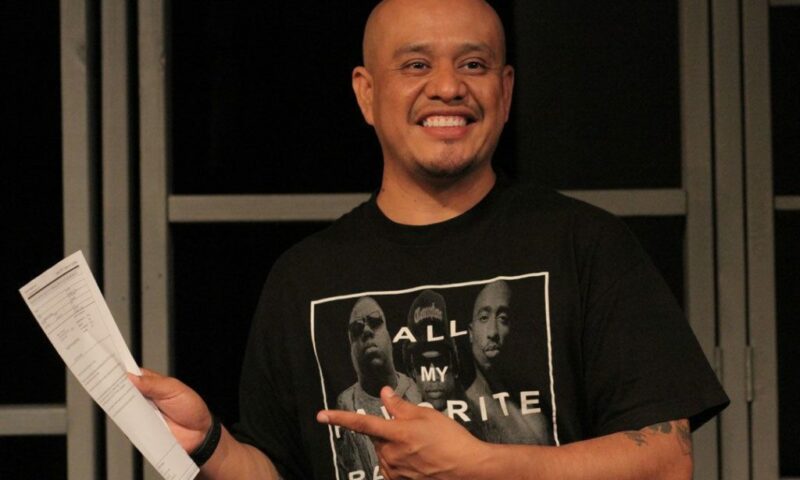

A new one-man show by Alex Alpharaoh chronicles the challenges he faced growing up as an undocumented immigrant in California, and his continuing quest to attain legal status in the United States.